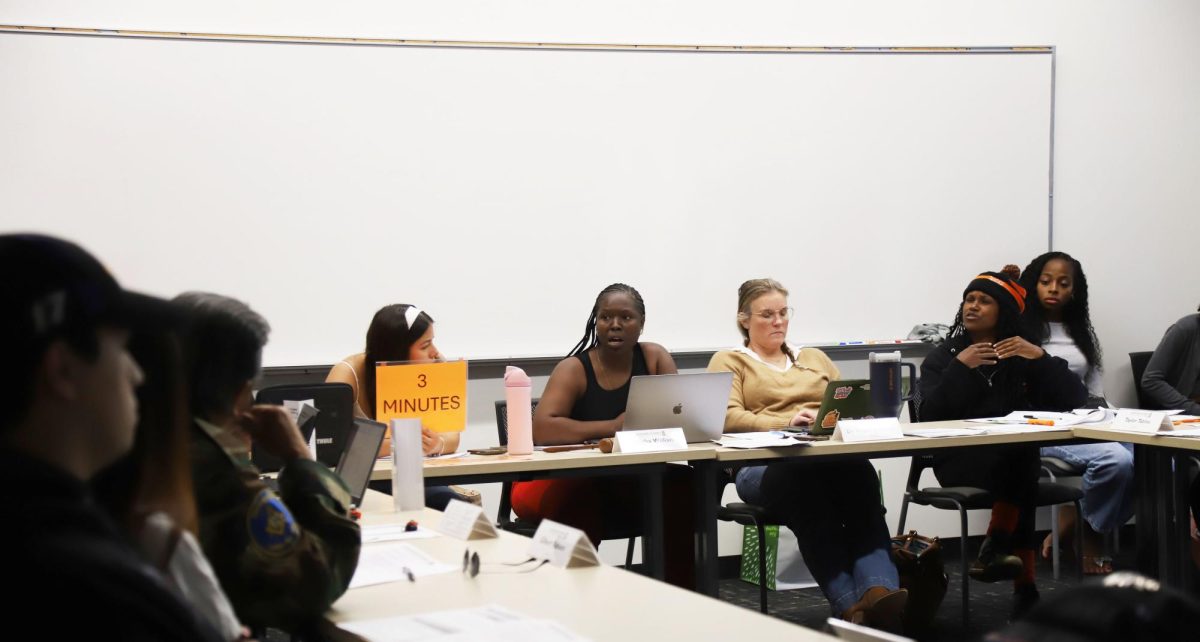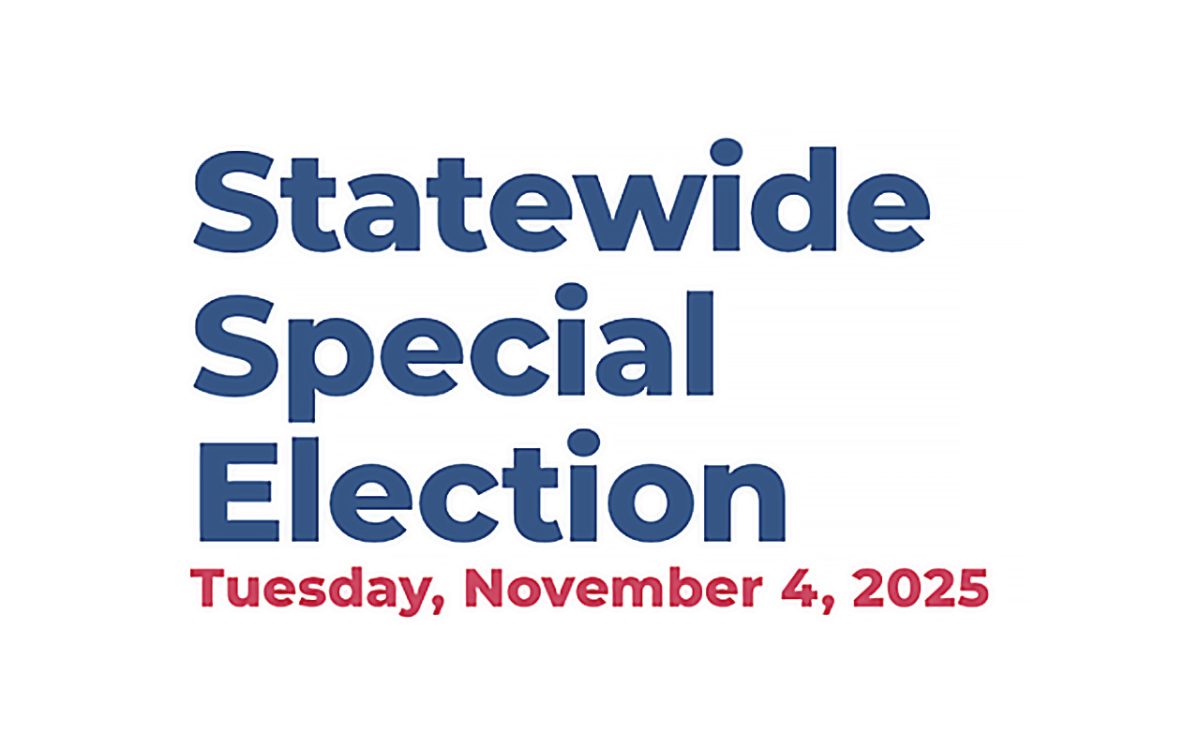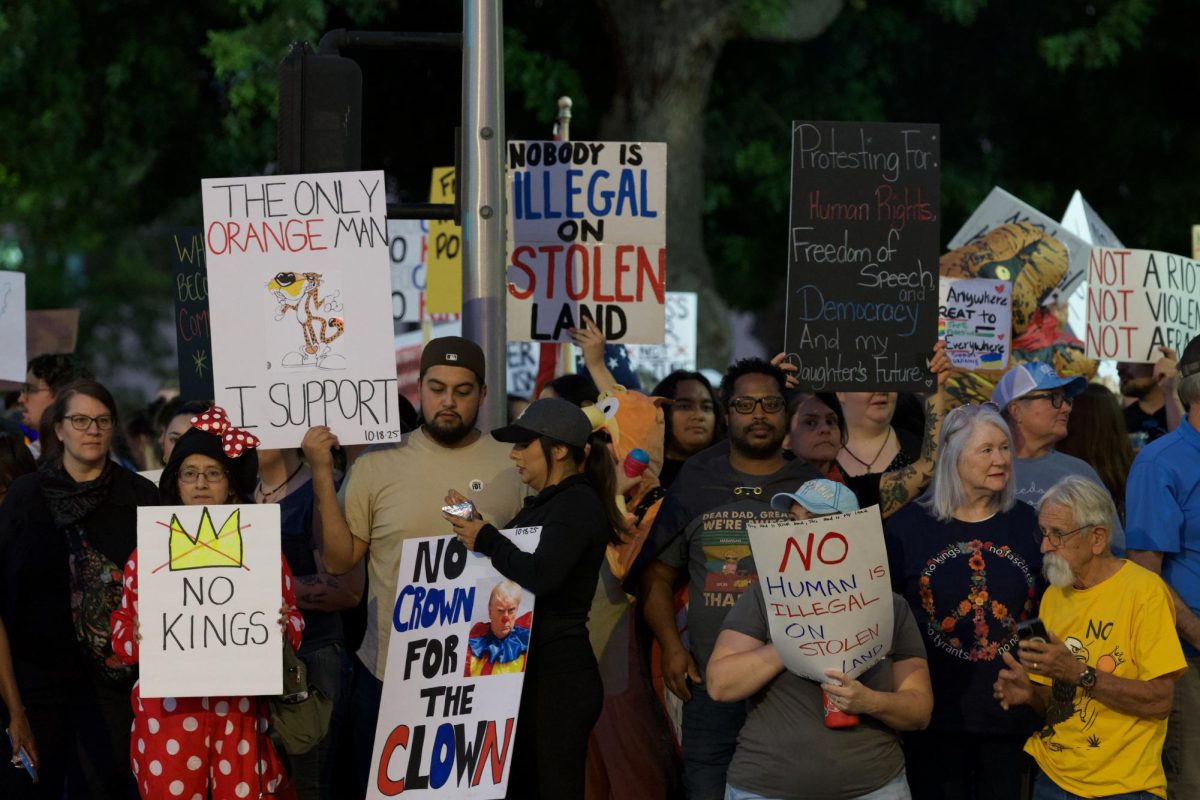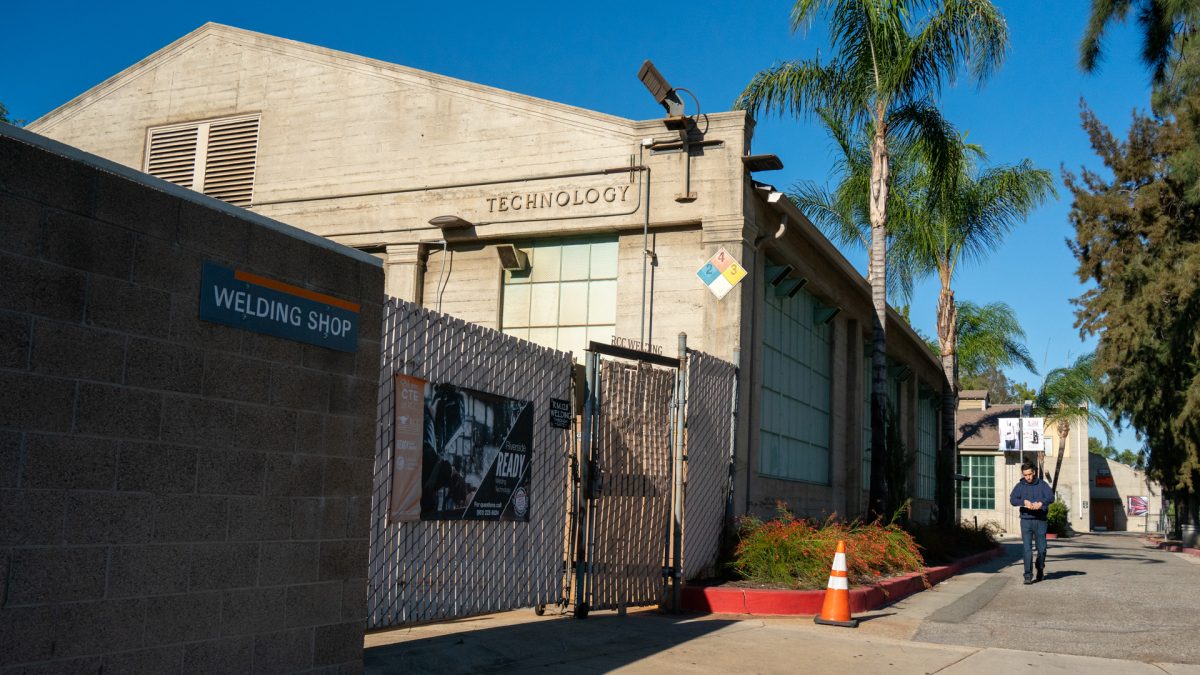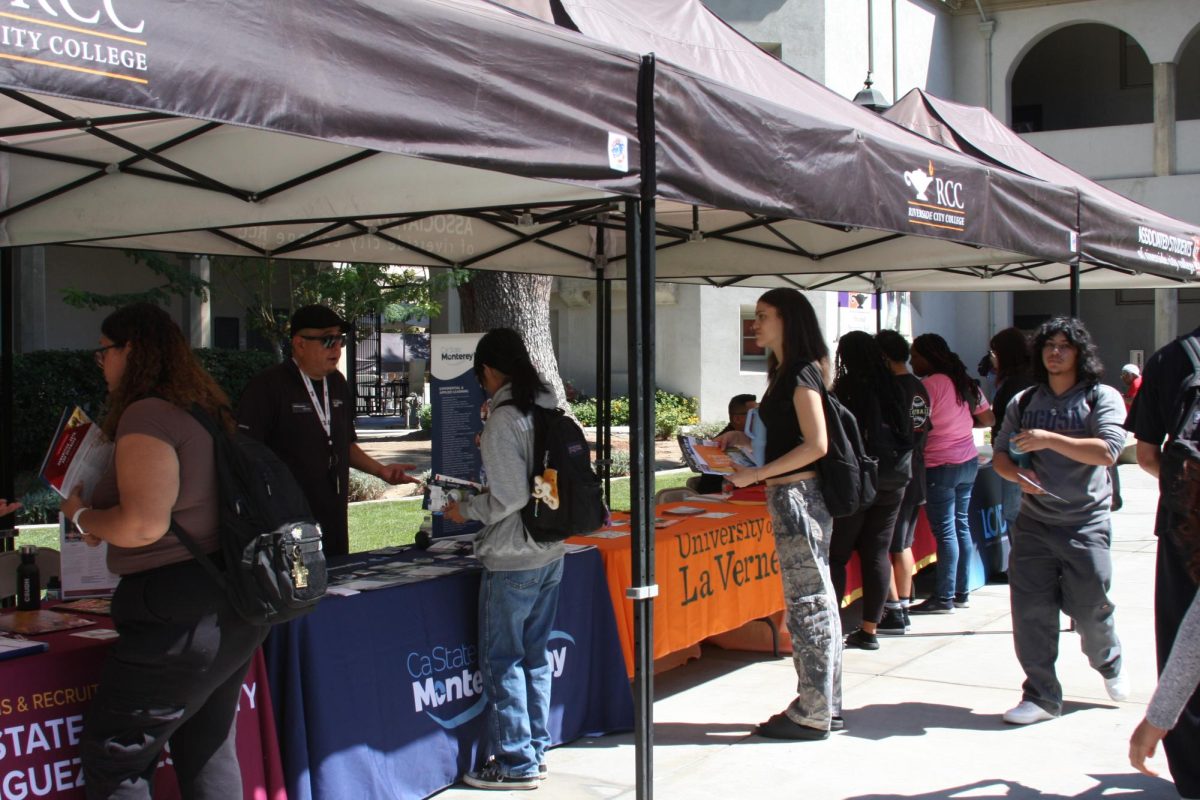Posted: June 2, 2015 | Written by Roberto Herrera
The Food and Drug Administration announced in December 2014 that it will ease the ban on blood donations for men who have had sex with other men, or MSM, and change the policy, while still denying donations from MSM in the last year.
Several months after the announcement, the FDA is still revising the long standing ban on blood donations by gay and bisexual men.
The FDA created a policy that banned MSM to donate blood in 1983, which targeted gay and bisexual men, due to the lack of HIV/AIDS studies and blood screenings in the early days of the epidemic.
The revision of the policy is still discriminatory toward gay and bisexual men.
Greater Palm Springs Pride is a non-profit organization and LGBT activist that creates awareness of individual rights and liberties of the lesbian, gay, bisexual and transgender community.
“There really is no change because they are still discriminating,” Ron Deharte, president of Palm Springs Pride, said. “It’s a false step forward, a false impression that there is any change.”
“HIV isn’t just a gay man’s issue,” Deharte said. “The policy is broad.”
In Oct. 1986, United States Surgeon General C. Everett Koop released the “Surgeon General’s Report on AIDS.”
“Every blood donation is now tested for the presence of antibodies to the AIDS virus,” Koop wrote in the report. “Blood that shows exposure to the AIDS virus … is not used either for transfusion or for the manufacture of blood products. Blood banks are as safe as current technology can make them.”
The FDA’s policy still deprives MSM of doing an act of charity.
Testing for HIV has come a long way since the 1980s. It previously required for people to make two visits to a health clinic to detect HIV antibodies. Test results were not provided until the individual’s second visit, which was usually around two weeks after the first visit. With today’s modern science and technology, scientists have even found a way to create in-home oral HIV tests, which makes it safer or more common for gay/bisexual men, whom are HIV/AIDS or disease free, to donate blood.
National Gay Blood Drive is an organization that allows eligible blood donors to donate on behalf of a gay or bisexual man.
San Bernardino’s National Gay Blood Drive Leader Ryan Bailey said in an interview that “today, it is a lot easier to test the blood donated. Every person’s blood, when donated, is tested. Homosexuals should be able to donate blood.”
Bailey is an active homosexual who has been with the same partner for more than 17 years. He stated that the revision of the FDA policy is “still discriminatory.”
“Straight promiscuous individuals are allowed to donate,” he said “For someone who is monogamous, and in a relationship for 17 plus years, it shows that not all homosexuals are promiscuous. It is a lack of understanding and education from their part.”
A Lifestream blood drive was held last April at Riverside City College. One of the nurses was asked about the procedures done when a gay or bisexual man wants to donate blood.
“First, we give donors a pamphlet prior to donating, they then go through a screening process that eventually asks them if they have had sexual contact with another man,” said Carmen Ramirez, a nurse working on one of the Lifestream donor buses.
Ramirez explained that if the man states he has had sexual contact with another man, they explain to them the FDA guidelines and tell them they can’t donate blood.
According to Ramirez, is uncertain if a gay or bisexual man lies about having had sex with another male.
“We wouldn’t know,” answered Ramirez. “We just have to go with their word and trust them.”
Although the blood donated by individuals is tested, gay and bisexual MSM are still deferred from donating blood.
“We just have to go with the FDA rules,” Ramirez stated.
The FDA has not found a way to end the exclusion of gay and bisexual men when donating blood.
“Personally … it’s kind of crazy because females can be promiscuous.” Ramirez said. “Sexual orientation doesn’t determine how promiscuous you are. Blood is precious. If someone’s blood is healthy, and they’re willing to donate it, potentially saving someone’s life, then they should be able to do so.”


